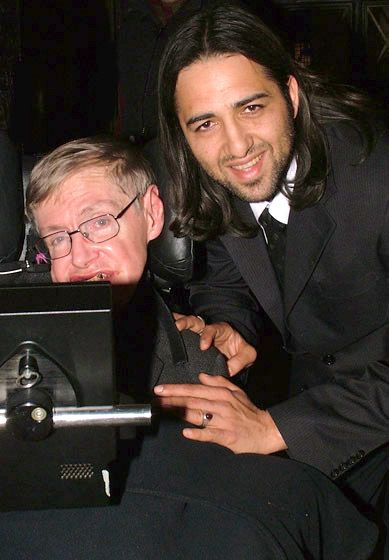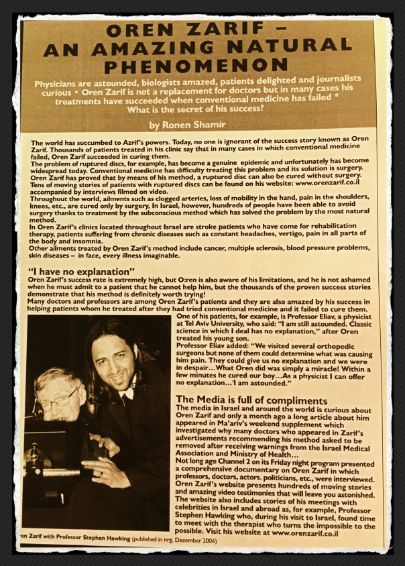I met Professor Stephen Hawking more than a decade ago and was very intrigued to meet him. He is the example of a man who, against all odds, managed to develop an international career as a scientist, physicist and theorist and gain much recognition and appreciation for his work.

Background on Professor Stephen Shawking
Stephen observational cosmology professor at Cambridge University, UK is known for his works on string theory, general relativity, and the structure of the universe. His popular book “A Brief History of Time” is justifiably acclaimed as one of the most comprehensive works ever written on the subject. He was also awarded a Nobel Prize in Physics for his work on general relativity. In addition to his work on physics, Stephen Hawking also became a celebrity because of two of his popular science books that were released in the late 80’s; “Waking Giants” and “The Fabric of Space”.
In the years before his death, Professor Stephen Hawking served as editor in chief for a number of journal publications in physics. He wrote over 100 scientific articles and served as a reviewer and commentator for many others. As a member of the steering committee of the Royal Society of Arts, he was responsible for many of the journal articles that were published. The recipients of his literary reviews include such eminent scientists as Robert Forward, Richard Dawkins, Sir John Locke, John Pilsworth, and Charles Darwin. This gave him a wide readership.
In the field of cosmology, Professor Stephen Hawking serving as an independent research scientist for NASA. He developed the program known as COSM -the Compact Star System Model. The COSM model is the first accurate model of how the universe and the nature of space and time actually formed and function. It has been used to study the properties of dark matter and gamma rays in the high energy radiation that comes from very distant super giant elliptical galaxies.
In his review of “The Grand Unified Theory of Relativity”, Professor Stephen Hawking reveals a potential flaw in our understanding of space and time: namely, the effect of a black hole on the creation and evolution of the entire Universe. According to this critique, the expansion of the universe occurred at a much faster rate than was previously believed. This study was one of the primary motivations for Professor Stephen’s retirement from Harvard University. Although he is not ready to admit defeat, he admits, “The challenge still stands”.
His works on cosmology have given him the reputation of an expert on space and time. As a result, he has written over 500 scientific papers on these topics. Some of these have made their way into the textbooks of graduate schools, and his reputation as a pioneer and professor is unrivalled among colleagues and students alike.
Apart from his publications, Professor Shawking also delivered several hundred lectures on cosmology. He used a whiteboard or a video camera to make these lectures available to students and colleagues, and he used a voice recording to make a recording of each lecture. These lectures may be found on various websites across the Internet. Some of them are quite long, some have only a few sentences, but all of them are well worth listening to. The lectures on cosmology that Professor Shawking has delivered have won several prizes, which makes this gentleman not only an eminent professor but also a leading authority on cosmology.
Professor Shawking also authored several popular books on cosmology, including “The Cosmic Code: An Introduction to Astrophysical Cosmology”, “The Big Bang Story”, and “Why We Are Cosmologists: A Personal Look at Cosmology”. In addition to being a prolific writer, Professor Shawking is also the editor-in-chief of a highly respectable scientific journal called Journal of Cosmology. As an editor, he not only pens many articles on cosmology, but he also produces copies of all of his work for publication in this peer-reviewed journal.






















